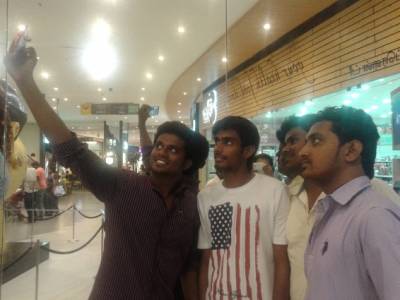One of the primary discoveries of our project is that people everywhere find ways to make social media serve local purposes. Social media is a new way to express cultural difference rather than a technology that has made the world more homogeneous.

Rural China
One of the reasons why we cannot see social media simply as homogenisation is that the largest population in the world, namely China, uses entirely different social media platforms to those in the West. In this film, taken from our e-learning course,Tom McDonald and Xinyuan Wang explore different Chinese social media platforms.
India
Often it is local factors, such as social hierarchy, in this case class and caste, which are expressed on social media.
Story
Social media as an expression of class difference

Trinidad
Local dialect is used frequently on social media, and is important for people to feel they are communicating in an authentic way. The word, 'bacchanal', is used both to sum up the character of Trinidadians in general, and also the consequences of social media, showing how people see social media as very Trinidadian.
Chile
Social media is used to create a sense of a distinct local `Northern' Chilean community, for example, through promoting local folk dances, as seen in this film.
Turkey
Traditional and local notions of pride and shame remain very important for understanding social media in this area.
England
Our main findings from the English village is that people have transformed social media into a very 'English' practice of keeping people at just the right distance, neither too close or too distant.
Italy
Social media may not homogenise the world but it does make people here more aware of diversity and of the world they live in.
 Close
Close

